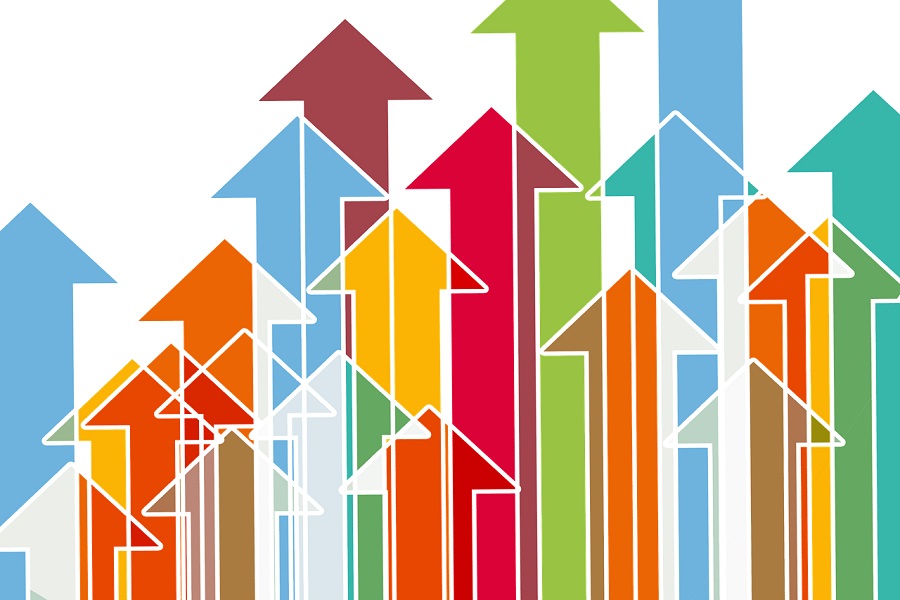Nigeria is the most populous country in Africa and has the largest GDP on the continent. It is also home to a vibrant and thriving Fintech ecosystem and is leading the continent with many startups and digital offerings from major banks. With most companies initially focused on payment processing, according to paper writer report, Fintech revenues are expected to reach about $543 million by 2022, driven by growing smartphone penetration and its unbanked population.
Fintech
Financial Technology (Fintech) describes the use of technology to simplify and automate the use and delivery of financial services. Fintech helps businesses and their customers facilitate, manage, and extend their financial interactions through Internet-enabled software and devices.
The financial technology sector has experienced significant growth since 2010. A young population, increasing smartphone penetration, and a regulatory push focused on increasing financial inclusion and cashless payments combined to create the perfect recipe for a thriving Fintech sector.
There are more than 200 independent Fintech companies in Nigeria, excluding banks and telecoms. Successful companies in the sector include Paga, Cellulant, Interswitch, Remitta, Etranzact, Flutterwave, Paystack, Piggybank, Onefi, Fetwallet, CowryWise, OPay, among others. These companies offer a wide range of financial services, focusing on products and services. The 2018 Enhancing Financial Innovation & Access Fintech report states that 80 % of the financial technology market in Nigeria comprises digital retail payments (36 %), lending (25 %) and payments infrastructure (19 %) companies.
Silicon Lagoon
When it comes to an attractive ecosystem for startups, Lagos leads the ranking of African cities, according to data from StartupBlink. The Nigerian city outperformed its direct competitors Nairobi, Cape Town and Johannesburg in 2021, a trend that is likely to continue. Lagos also ranks among the world’s top 50 cities in e-commerce and retail technology, and among the world’s top 100 in transportation technology and education technology, according to the StartupBlink report.
Despite infrastructure problems, the city has made a name for itself as a home to innovative tech startups and companies, and the Yaba district has one of the highest concentrations of startups in Africa. In fact, technology is such an important part of the local ecosystem that Lagos is known as “Silicon Lagoon” (referring to the U.S. city Silicon Valley, which is considered a “tech mecca”).
Institutional support
A healthy startup ecosystem needs more than just great ideas. Without targeted business support, potentially successful entrepreneurs can fail in the early stages. Nigeria’s government empowers startups through the National Information Technology Development Agency (NITDA).
NITDA is dedicated to putting the National Digital Economy Policy for “Digital Nigeria” into action. Its objective is to create a framework for planning, research, development, standardization, implementation, coordination, monitoring, evaluation and regulation of IT practices in Nigeria. Also, the Agency’s priorities are development regulation, digital literacy and skills, robust infrastructure, service infrastructure, development and promotion of digital services, software infrastructure, digital society, and development and adoption of emerging technologies and indigenous content.
There is a rapidly growing technology landscape in Lagos with no shortage of first-time entrepreneurs. To help them and other local founders make their companies successful, the private sector is also getting involved, as in the case of Union Bank, which is dedicated to supporting startups beyond their funding needs. For example, in 2015, the bank launched an internal hackathon to encourage employee entrepreneurship and create a culture of innovation.
Through the “TechVentures” banking proposition, early-stage entrepreneurs can access unsecured loans and business and technical mentors from Union Bank’s network across Nigeria. Coworking spaces are also available at selected branches of the bank across the country to support startups.
For mid-stage and growth-stage startups with a product in the market, the bank also provides access to advisory services, partnerships, and introductions to potential customers in its network.
Looking ahead
Globally, the startup ecosystem is the most viable platform for innovators and entrepreneurs to take their ideas from inception to impact. In a successful scenario, stakeholders come together to collaborate and bring something new to the world or to a specific industry.
The startup ecosystem is one of the vital tools for finding solutions to various challenges in Nigeria and will determine the continent’s future as the next frontier of economic opportunity. In the words of NITDA’s CEO, Mallam Kashifu Inuwa Abdullah, “… There will never be a more perfect time to strengthen the African startup ecosystem than now, on the brink of the fourth industrial revolution on the continent.”

